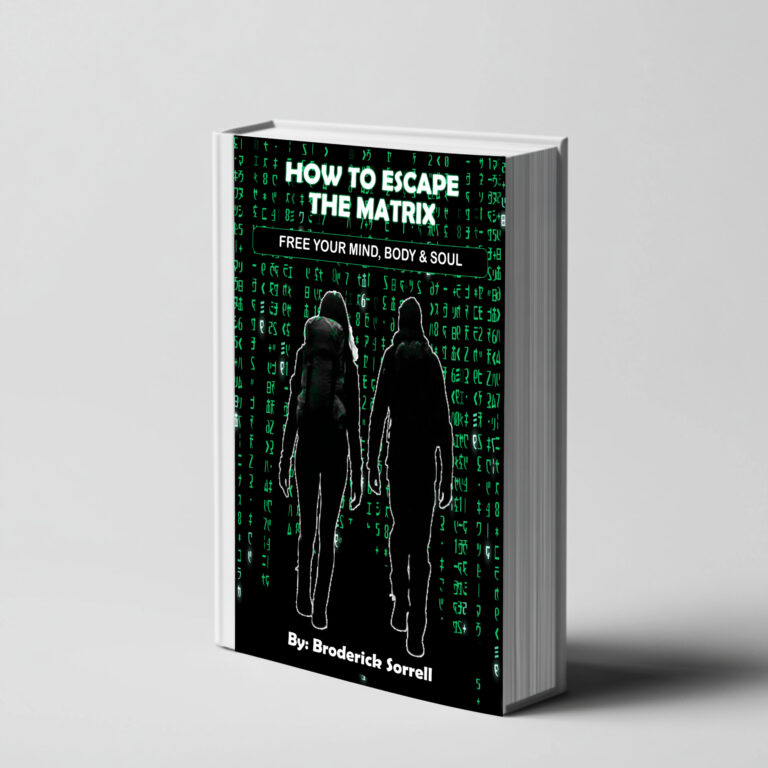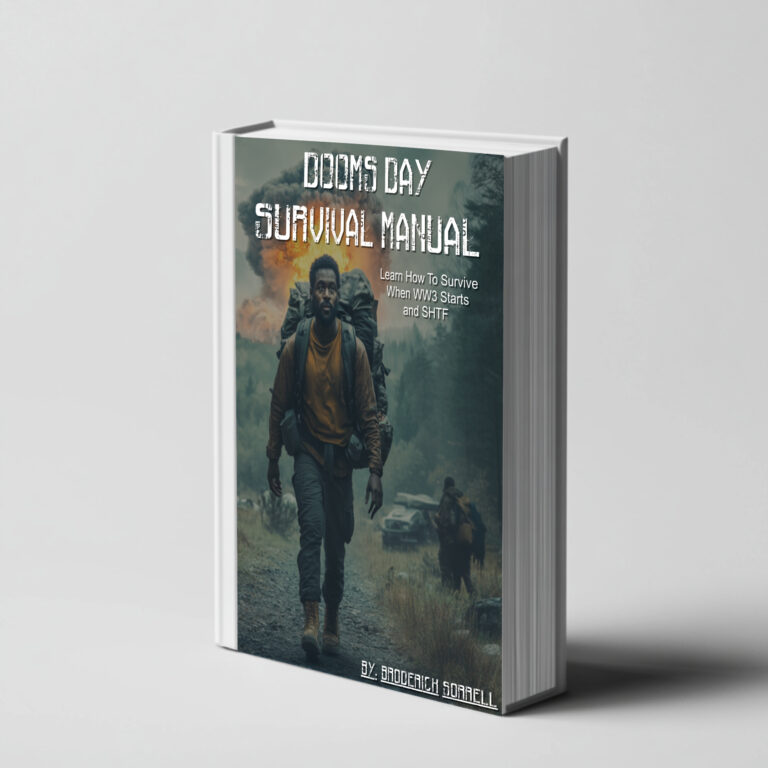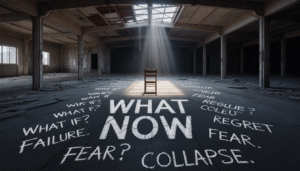

Popular
10 Ways Martial Arts Can Transform The Mind, Body, and Spirit For Survival
10 Martial Arts Habits That Will Keep You Alive When the World Falls Apart

I didn’t step onto the mat looking for a philosophy—I was looking for an edge. I wanted to survive in a world that doesn’t care if you’re ready or not. I didn’t want to be a victim. I wanted to be prepared. But martial arts didn’t just teach me how to throw a punch or block an attack. It taught me how to think like a survivor.
In training, I found confidence under pressure. In discipline, I found freedom. And in ancient techniques, I found tools that could save my life—and yours—if the world ever goes sideways.
Here are 10 ways martial arts turned me into a warrior ready for the unknown—and how it can do the same for you.
1. Meditation Before Movement: Mental Prep Before the Storm
Every class began with breath and stillness. At first, I didn’t get it—why sit still when we could be training to fight? But survival isn’t just physical—it’s mental. The ability to quiet your mind, assess danger, and act without panic is what separates survivors from statistics. Practicing mindfulness daily helps you stay calm when everything around you is chaos. If the grid went down tomorrow, you’d want your head clear, not cluttered.
2. Breathwork for High-Stress Survival Scenarios
In a real fight—or disaster—panic can kill you. Martial arts taught me how to breathe through adrenaline. Sparring forces you to control your breath while being hit, pushed, or overwhelmed. That same breath control kicks in when you’re stuck in a tight space, injured, or running for your life. Panic shortens breath. Practice makes it automatic. Master your breath, master the moment.
3. Energy Awareness Through Kata: Reading Movement to Read Threats
Kata isn’t just choreography—it’s pattern recognition. When you practice deliberate movement, you develop the ability to read energy, balance, and body cues in others. That translates to threat detection in real life: reading someone’s posture, tension, or intent before they act. In a crowd, during a standoff, or walking past a stranger—this awareness keeps you one step ahead.
4. Facing Fear Through Controlled Combat
Most people freeze during confrontation. Martial arts forced me to feel fear on purpose—and move anyway. Sparring puts you in close-quarters chaos, but teaches you to keep thinking, breathing, adapting. That training shows up when you’re cornered, confronted, or facing injury in the wild. You don’t shut down—you scan, shift, survive.
5. Channeling Aggression Into Tactical Precision
Survival isn’t about rage. It’s about control. Martial arts took my natural aggression and turned it into focused execution. You learn when to act—and when to wait. Whether you’re defending your home or escaping a trap, the ability to act with precision under pressure can save lives. Wild energy wastes time. Trained energy hits the target.
6. The Humility of Defeat Builds Resilience
Getting slammed to the mat over and over teaches you one thing fast: adapt or perish. Survival is about resilience. You won’t always win the first round. Martial arts gave me a relationship with failure—and the strength to get up smarter. Out in the real world, setbacks happen. Food shortages, injuries, hostile people—what matters is your response.
7. Body Awareness = Injury Prevention & Efficient Movement
Before training, I didn’t know how inefficient my movement was. Martial arts made me hyper-aware of posture, balance, and stress signals from my body. That awareness keeps you from blowing out a knee while running or pulling a muscle while lifting gear. In a survival scenario, the body is your most vital tool—if it breaks down, everything else does too.
8. Discipline Becomes Your Greatest Survival Tool
Training when you’re sore, tired, or discouraged builds mental armor. That same discipline helps you wake up early to check your perimeter, ration food correctly, or keep walking when others quit. Martial arts made me do it anyway—and in survival, that mindset keeps you alive. Consistency outlasts chaos.
9. Learning to Respect Life Sharpens Your Judgment
Knowing how to injure—or kill—makes you think twice before reacting. Martial arts taught me that survival isn’t about looking for violence, but about avoiding it unless there’s no other way. You develop judgment. In the wild or on the street, knowing when to fight and when to flee isn’t weakness—it’s wisdom.
10. Inner Peace Through Repetition Builds a Calm Under Fire
Repeating moves thousands of times taught me something I never expected: peace. The same repetition that sharpens skill also calms the nervous system. When you’ve drilled a movement into muscle memory, you act without hesitation. That calm is golden during emergencies. Repetition isn’t just training—it’s programming for survival.
Conclusion: Martial Arts is Survival Training in Disguise
I didn’t learn martial arts to feel enlightened—I learned it to stay alive. But the byproduct was a sharp mind, calm breath, tactical awareness, and physical skill that I carry into every part of life now.
In a real crisis, people panic. But if you’ve trained, your body remembers. You react with clarity, not chaos.
Whether you’re prepping for societal collapse, wilderness emergencies, or just want to defend your family when things go bad—martial arts gives you the edge. It’s not about belts. It’s about being the weapon when tools fail and plans fall apart.
So train. Move. Breathe. Repeat. The world might not give you a warning—but you can still be ready.
Follow on Spotify
ADVERTISEMENT
ADVERTISEMENT
VISIT ME ON YOUTUBE!
ADVERTISEMENT
ADVERTISEMENT
RELATED POST
Social Networks
- B.Roc Survival Podcast
- Discord
- Patreon
- Youtube
Links List
B.Roc Survival Inc.
All rights reserved










I don’t think the title of your article matches the content lol. Just kidding, mainly because I had some doubts after reading the article. https://accounts.binance.com/vi/register-person?ref=MFN0EVO1